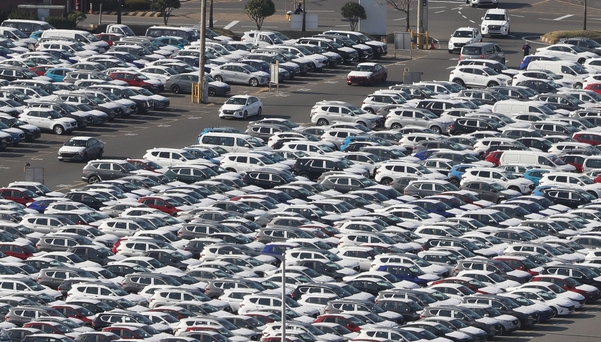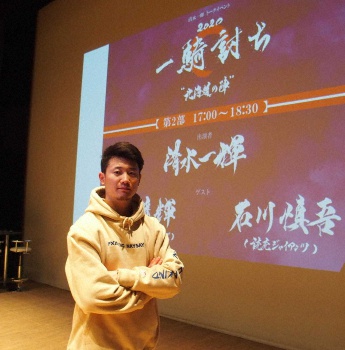comot.prelol.com
2020年12月6日 8時25分
明智光秀の盟友、細川藤孝を演じている眞島秀和 - (C)NHK
現在放送中のNHK大河ドラマ「麒麟がくる」で、長谷川博己ふんする主人公・明智光秀の盟友である細川藤孝を演じている眞島秀和。大河ドラマ出演は「天地人」(2009)、「軍師官兵衛」(2014)以来、3度目だ。「身が引き締まる思い」と特別な思いを抱く撮影現場で、どんなことを感じて日々撮影しているのだろうか。
【写真】豪華!「麒麟がくる」出演者発表会見フォトギャラリー
眞島演じる細川藤孝は、将軍奉公衆として室町幕府再興に尽力する武将。光秀が美濃の斎藤道三に命を受けて鉄砲のことを調査しにやってきた京で出会って以来、親交を深め、生涯の盟友となる重要なキャラクターだ。
[PR]
眞島の出身は山形県米沢市。戦国時代は伊達家が統治していた地であり、眞島自身も1987年に放送された大河ドラマ「独眼竜政宗」に魅了され、そこから歴史にも興味を持つようになった。しかし、藤孝に関する演じる前の認識はオールマイティーにいろいろなことに長けているという一般的な印象しか持っていなかったそう。
本作では文化人的な側面の藤孝は出てきておらず、台本を読んだときも「理想に燃える熱い志を持った武将」という部分が印象に残ったようだ。監督やプロデューサーからも「熱い人物」とイメージを聞いており、青くささをふくめ、躍動的に藤孝を作り上げていった。
3度目の大河ドラマ出演について眞島は「ここまで長い期間撮影に参加したのは初めて。錚々たる先輩方とご一緒する現場で、素直に『すごいな』と見入ってしまうことばかり」と日々影響を受けている様子。撮影現場では時間をともにすることはなかったが、オンエアで本木雅弘演じる斎藤道三の姿を観て、芝居の力強さに衝撃を受けた。
長谷川や室町幕府15代将軍・足利義昭役の滝藤賢一ら、同世代の俳優との芝居は「とても楽しいです」と笑顔を見せる。「長谷川くんはもちろんですが、滝藤くんも僕にはない表情豊かな個性を持っていて、一緒にお芝居をしていると本当に面白いんです」と目を輝かせる。
[PR]
(C)NHK
荒れ果てた京の町を憂い、なんとかしていきたいという思いによって、藤孝と光秀は共鳴し合った。眞島は「藤孝は複雑な状況をシンプルに捉えて判断していくことに長けている。その部分はとても共感できます」と語ると、光秀との関係性は「現代に例えるなら、同じ目標に向かって力を合わせる同僚みたいなもの」と表現した。
「ハードなスケジュールの中、長谷川くんが大河ドラマの主役としてずっと真ん中に立っている姿は、同世代としてすごく刺激を受けるし、勇気をもらえています」と賛辞を述べる。
「いつかは大河の主役で?」という質問には「常日頃から言っていますが、僕は俳優の仕事がしたいだけなので、キャスティングしていただけるのなら全力で頑張りますとしか言えませんね」と苦笑い。それでも「もし主演で演じるなら」と続けて問いかけられると「妄想ですよ」としっかりと前置きをしてから「(幕末庄内藩の武士の)酒井玄蕃(さかいげんば)ですかね。好きなんです」と照れくさそうに回答した。
今後の「麒麟がくる」の藤孝については「どこまで描かれるのかはわからないです。最後に藤孝が下す判断にたどり着くまでの過程がどのようになるのか、僕自身も楽しみです」と語っていた。(取材・文:磯部正和)
Let's...





